Postgraduate in Small Animal Emergency and Critical Care
Obtain your credential - PgCert. ECC. ifevet
Postgraduate in Small Animal Emergency and Critical Care
Obtain your credential - PgCert. ECC. ifevet
Start date
17th May 2025
Timetable
Saturday from 9:00 to 18:30 Sunday from 9:00 to 14:30
ECTS Credits
30 ECTS credits
Number of modules
12 modules
Modality
Streaming
Number of students
36 students
Start date
17th May 2025
Timetable
Saturday, 9 to 18:30 Sunday, 9 to 14:30
ECTS Credits
30 ECTS credits
Modules
12 modules
Modality
Streaming
Number of students
36 students
- Description
- Speakers
- Programme
- Pricing
Certification obtained
After passing the postgraduate university training, you will be able to obtain the following credentials to use in your CV:
• International Credential: PgCert. ECC. ifevet
• Certification obtained: Postgraduate Certificate Small Animal in Emergency and Critical Care (ifevet)
Course Objective
The goal of this course is to provide essential and up-to-date theoretical and practical knowledge for the successful management of the most common emergencies presented in the clinic. The course is intended to offer a solid, scientific, and evidence-based foundation on the physiopathology, management, and treatment of emergency situations in dogs and cats, with a focus on practical applicability.
Structure and benefits of the postgraduate program
The postgraduate programme comprises modules with theoretical-practical lectures on the pathophysiology and approach to common emergency situations. Each module will be taught by one or several specialists in the field to ensure the highest quality training.
At the end of each module, students will gain comprehensive insight into the clinical presentation, diagnosis, treatment, and prognosis of emergency and critical care cases. They will be capable of conducting a complete emergency assessment, triage, and examination, establishing a comprehensive problem list, making a differential diagnosis, and planning appropriate diagnostic and treatment procedures. Moreover, they will have opportunities to ask questions, discuss practical aspects of emergency situations, and interact with experienced clinicians.
Target Audience
Designed for professionals working in first opinion, out-of-hours, emergency clinics, or for graduates seeking to further specialise in emergency medicine or gain more knowledge towards an internship or residency, this programme is ideal for veterinarians who wish to deepen their knowledge in this specialty, update their skills, and learn innovative aspects applicable to daily practice. This postgraduate programme will be highly beneficial for clinicians with some experience in emergency medicine, as well as for veterinarians new to the field who wish to gain more confidence in the subject.

Carlos Pizarro
LV, MSc, MRCVS, Residency trained in emergency and critical care | Director of Emergencies and Critical Care Postgraduate course
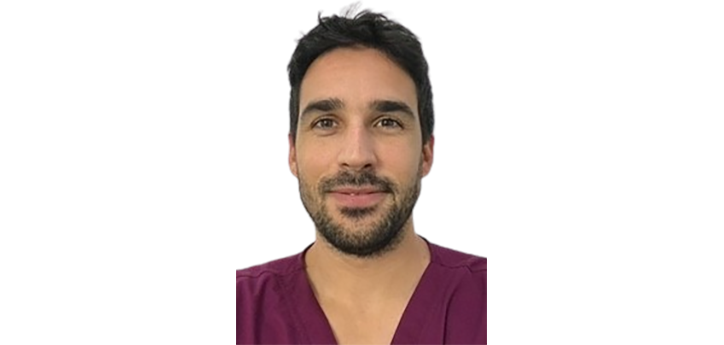
Roger Medina
DVM MvetMed DipECVAA MRCVS, EBVS® European Specialist in anesthesia and analgesia


Margaux Kuijlaars
DVM MVM DipECVIM-CA MRCVS, EBVS® European Specialist in Small Animal Internal
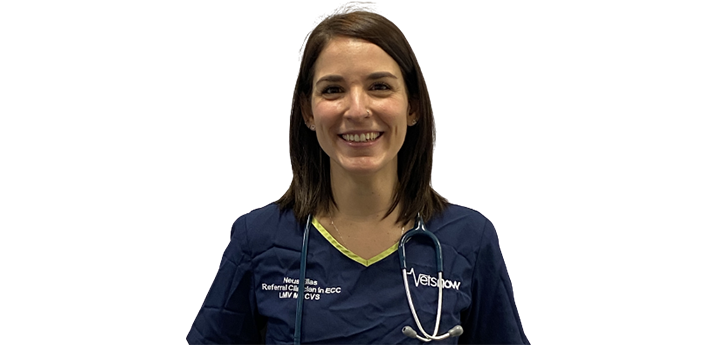
Neus Elias
LMV PgCert, CertAVP(ECC), DipECVECC, MRCVS, EBVS® European Specialist in emergency and critical care

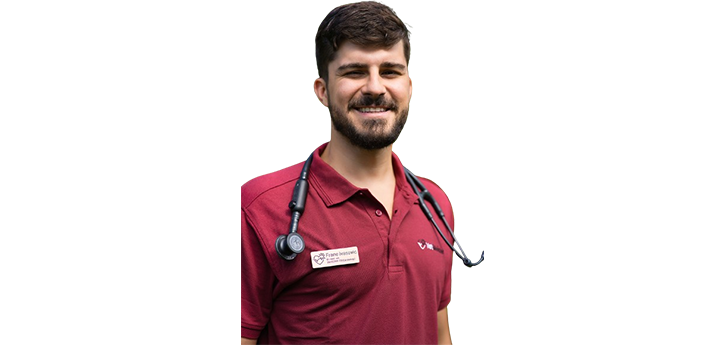
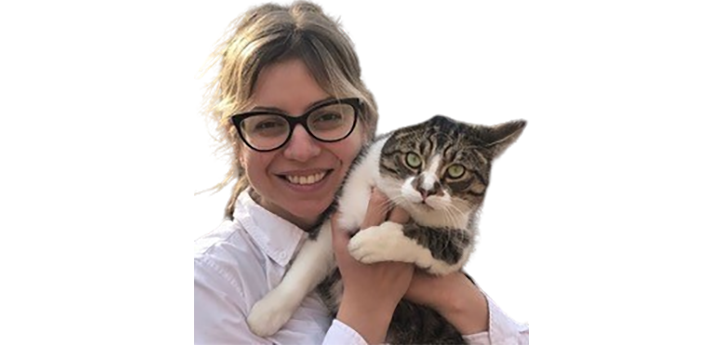
Date: 17th May 2025
Modality: Streaming
Competencies and objectives:
- Learn and understand how to effectively triage patients to efficiently establish the priority and urgency of treatment.
- Understand the physiopathology of different types of shock and recognise each type to accurately tailor diagnostic and therapeutic strategies in the emergency room.
- Recognise shock and establish a protocol for stabilisation and the use of appropriate fluid therapy in every shock situation.
- Identify different types of fluids, understand how to use them, and maximise their therapeutic utility in emergency situations.
Module Summary:
- Introduction, Triage and stabilization.
- Shock
- Physiopathology of Shock.
- Hypovolaemic shock.
- Distributive shock.
- Obstructive shock.
- Cardiogenic shock.
- Fluid Therapy
- Fluids and strategies for fluid administration.
- Colloids.
- Vasopressors.
Speaker: Carlos Pizarro, Luís Bosch
Date: 18th May 2025
Modality: Streaming
Competencies and objectives:
- Understand the physiology, pathophysiology, clinical significance, and effects on the body of electrolyte disturbances, along with therapeutic strategies for correcting electrolyte disorders.
- Understand different acid-base disturbances and their interpretation.
Module Summary:
- Dyskalaemia.
- Other electrolyte imbalances: Calcium, Phosphate, Magnesium.
- Dysnatremias.
- Acid-Base interpretation:
- Traditional approach.
- Nontraditional approach and case examples.
Speaker: Neus Elias, Carlos Pizarro
Date: 21st June 2025
Modality: Streaming
Competencies and objectives:
- Understand the current CPR guidelines in Small Animals (RECOVER guidelines).
- Understand the utility and applicability of life-saving procedures for patient stabilization.
Module Summary:
- CPR: RECOVER guidelines.
- IV emergency access.
- Nasal catheter.
- Nasogastric tube.
- Orogastric tube.
- Tracheostomy.
- Thoracocentesis.
- Abdominocentesis.
- Urethral catheterizatio.
Speaker: Coming soon
Date: 22nd June 2025
Modality: Streaming
Competencies and objectives:
- Recognise pain and understand the different pain pathways to choose an appropriate analgesia for the unstable patient.
- Understand the effects of sedation, anaesthesia and analgesia in the critical patient to provide safe sedation and/or anaesthesia.
- Recognise the monitorisation techniques for haemodynamic control.
- Understand the fundamentals of mechanical ventilation.
Module Summary:
- Analgesia and sedation
- Pain and pain pathways.
- Evaluation of anaesthetic risk: ASA.
- Breathing circuits and the anaesthetic machine.
- Sedation in emergency patients.
- Anaesthesia in emergency patients.
- Pain assessment and management in emergency patients.
- Local blocks in emergency medicine.
- Monitorisation
- ECG and cardiac function.
- Invasive and non-invasive Blood pressure.
- Pulse-oximetry and Co-oximetry.
- Capnography.
- Mechanical ventilation
- Respiratory physiology.
- Mechanical ventilation and the mechanical ventilator.
- Ventilation modes.
- Sedation and anaesthesia for long term ventilation.
- Complications of mechanical ventilation.
Speaker: Aurora Zoff, Roger Medina
Date: 26h July 2025
Modality: Streaming
Competencies and objectives:
- Describe and interpret a comprehensive neurological exam to establish a differential diagnosis using correct neuro-localisation.
- Establish an appropriate treatment and protocol for stabilising neurological patients in the emergency setting.
- Understand the necessity of further testing or advanced imaging.
Module Summary:
- Neurological exam and Neurolocalisation.
- Seizures.
- Central Nervous System Disease and Traumatic Brain Injury.
- Vestibular and Peripheral Neuropathies.
Speaker: Adriana Kaczmarska
Date: 27th July 2025
Modality: Streaming
Competencies and objectives:
- Understand the different diagnostic techniques to identify and differentiate respiratory and cardiovascular problems.
- Establish a logical differential diagnosis and localisation of respiratory and cardiovascular problems based on presentation and respiratory patterns.
- Establish the priority action points for stabilisation of respiratory and cardiovascular problems.
- Understand the utility of respiratory gases.
- Understand the different means for oxygen support and their applicability.
- Differentiate between the need for oxygen support and ventilatory support.
- Identify the key points of the management of cardiovascular emergencies.
- Identify and manage life threatening arrhythmias.
Module Summary:
- Respiratory distress and initial management.
- Upper airway and pleural space emergencies.
- Cardiac examen and initial management in Emergency.
- Cardiac exam and initial management in Emergency.
- Congestive heart failure in dogs and cats.
- Circulatory and vascular emergencies.
Speaker: Frane Ivasovic
Date: 20th September 2025
Modality: Streaming
Competencies and objectives:
- Identify urinary and reproductive problems in the emergency setting.
- Identify and manage acute kidney injury.
- Understand the fundamentals, applicability and indications for renal replacement therapies (RRT).
Module Summary:
- Urinary emergencies:
- Urethral obstruction.
- AKI (Acute kidney injury).
- Uretheral obstruction.
- Uroabdomen.
- UTI (urinary tract infection).
- Introduction to RRT.
- Reproductive emergencies:
- Dystocia.
- Eclampsia.
- Pyometra.
- Prostate disease.
- Testicular disease.
- Neonatal resuscitatio.
Speaker: Coming soon
Date: 21st September 2025
Modality: Streaming
Competencies and objectives:
- Management of the trauma and polytrauma patient.
- Identify the most emergent problems in polytrauma patients and establish a priority list for management.
- Understand the importance of sepsis and how to identify and manage it.
- Understand the current human and veterinary guidelines to treat sepsis.
Module Summary:
- Trauma and polytrauma
- Thoracic trauma.
- Abdominal trauma.
- Coagulation and trauma.
- Diagnostic imaging in the polytrauma patient.
- Sepsis and SIRS.
- Antibiotic use in emergency medicine.
Speaker: Coming soon
Date: 25th October 2025
Modality: Streaming
Competencies and objectives:
- Management of intoxications and decontamination techniques.
- Understand and predict consequences and side effects of common intoxications.
- Identify and manage environmental emergencies.
Module Summary:
- Intoxications:
- Paracetamol.
- Chocolate.
- Xylitol.
- Grapes.
- Onions.
- Recreational drugs.
- Environmental emergencies:
- Heat stroke.
- Hypothermia.
- Smoke inhalation.
- Drowning.
- Electrocution.
- Anaphylaxis.
Speaker: Jennifer McKenzie
Date: 26th October 2025
Modality: Streaming
Competencies and objectives:
- Identify and differentiate gastrointestinal emergencies including localization of the problems.
- Establish a diagnostic approach for identifying gastrointestinal emergencies.
- Establish an appropriate medical or surgical treatment for gastrointestinal emergencies.
Module Summary:
- Acute vomiting.
- Acute diarrhoea.
- Acute abdomen.
- GDV.
- Pancreatitis.
- Hepatic failure.
- GI Foreign body.
- Parvoviru.
Speaker: Carlos Pizarro
Date: 22nd November 2025
Modality: Streaming
Competencies and objectives:
- Understand and differentiate among different conditions affecting red and white blood cells and identify the need for treatment.
- Establish the most appropriate therapy for hematologic disorders.
- Understand the characteristics and properties of the different blood products and their applicability for different conditions.
- Anticipate and reduce complications from blood product administration.
Module Summary:
- Haematologic emergencies:
- Anaemia.
- Thrombocytopaenia.
- Coagulopathies.
- Leucocytosis and leukopaenia.
- Transfusion medicine
- Blood products.
- Blood types.
- Cross matching.
- Whole blood and pRBC transfusion.
- Plasma transfusion.
- Platelets transfusion.
- Albumin transfusion.
- Massive transfusions.
- Xenotransfusions.
- Transfusion reaction.
Speaker: Margaux Kuijlaars
Date: 23rd November 2025
Modality: Streaming
Competencies and objectives:
- Recognize endocrine emergencies and differentiate from other emergencies.
- Manage the stabilization and endocrine crisis and establish the appropriate diagnostics and timing for treatment.
Module Summary:
- Hypoadrenocorticism.
- Hyperadrenocorticism.
- Pheochromocytoma.
- Diabetic crisis.
- Diabetes insipidus.
- DKA.
- Hyperglycaemic Hyperosmolar syndrome.
- Thyroid storm.
- Hypoglycaemia.
- Hyperaldosteronis.
Speaker: Carlos Pizarro
We offer you 2 payment methods:
· Interest-free payment in instalments
- Interest-free instalments
- Payment in full (BACS or Credit Card)
For details on interest-free instalment options, please refer to the information request section.
· Price (exam included): 8.900 €
*An additional fee of 80€ will be required for the issuance of the university degree
Terms and conditions of payment
The remaining fees must be paid by direct debit during the first 10 days of each month.
All payments must be completed before the end of the last training course.
Certification obtained
After passing the postgraduate university training, you will be able to obtain the following credentials to use in your CV:
• International Credential: PgCert. ECC. ifevet
• Certification obtained: Postgraduate Certificate Small Animal in Emergency and Critical Care (ifevet)
Course Objective
The goal of this course is to provide essential and up-to-date theoretical and practical knowledge for the successful management of the most common emergencies presented in the clinic. The course is intended to offer a solid, scientific, and evidence-based foundation on the physiopathology, management, and treatment of emergency situations in dogs and cats, with a focus on practical applicability.
Structure and benefits of the postgraduate program
The postgraduate programme comprises modules with theoretical-practical lectures on the pathophysiology and approach to common emergency situations. Each module will be taught by one or several specialists in the field to ensure the highest quality training.
At the end of each module, students will gain comprehensive insight into the clinical presentation, diagnosis, treatment, and prognosis of emergency and critical care cases. They will be capable of conducting a complete emergency assessment, triage, and examination, establishing a comprehensive problem list, making a differential diagnosis, and planning appropriate diagnostic and treatment procedures. Moreover, they will have opportunities to ask questions, discuss practical aspects of emergency situations, and interact with experienced clinicians.
Target Audience
Designed for professionals working in first opinion, out-of-hours, emergency clinics, or for graduates seeking to further specialise in emergency medicine or gain more knowledge towards an internship or residency, this programme is ideal for veterinarians who wish to deepen their knowledge in this specialty, update their skills, and learn innovative aspects applicable to daily practice. This postgraduate programme will be highly beneficial for clinicians with some experience in emergency medicine, as well as for veterinarians new to the field who wish to gain more confidence in the subject.

Carlos Pizarro
LV, MSc, MRCVS, Residency trained in emergency and critical care | Director of Emergencies and Critical Care Postgraduate course

Roger Medina
DVM MvetMed DipECVAA MRCVS, EBVS® European Specialist in anesthesia and analgesia


Margaux Kuijlaars
DVM MVM DipECVIM-CA MRCVS, EBVS® European Specialist in Small Animal Internal

Neus Elias
LMV PgCert, CertAVP(ECC), DipECVECC, MRCVS, EBVS® European Specialist in emergency and critical care



Date: 17th May 2025
Modality: Streaming
Competencies and objectives:
- Learn and understand how to effectively triage patients to efficiently establish the priority and urgency of treatment.
- Understand the physiopathology of different types of shock and recognise each type to accurately tailor diagnostic and therapeutic strategies in the emergency room.
- Recognise shock and establish a protocol for stabilisation and the use of appropriate fluid therapy in every shock situation.
- Identify different types of fluids, understand how to use them, and maximise their therapeutic utility in emergency situations.
Module Summary:
- Introduction, Triage and stabilization.
- Shock
- Physiopathology of Shock.
- Hypovolaemic shock.
- Distributive shock.
- Obstructive shock.
- Cardiogenic shock.
- Fluid Therapy
- Fluids and strategies for fluid administration.
- Colloids.
- Vasopressors.
Speaker: Carlos Pizarro, Luís Bosch
Date: 18th May 2025
Modality: Streaming
Competencies and objectives:
- Understand the physiology, pathophysiology, clinical significance, and effects on the body of electrolyte disturbances, along with therapeutic strategies for correcting electrolyte disorders.
- Understand different acid-base disturbances and their interpretation.
Module Summary:
- Dyskalaemia.
- Other electrolyte imbalances: Calcium, Phosphate, Magnesium.
- Dysnatremias.
- Acid-Base interpretation:
- Traditional approach.
- Nontraditional approach and case examples.
Speaker: Neus Elias, Carlos Pizarro
Date: 21st June 2025
Modality: Streaming
Competencies and objectives:
- Understand the current CPR guidelines in Small Animals (RECOVER guidelines).
- Understand the utility and applicability of life-saving procedures for patient stabilization.
Module Summary:
- CPR: RECOVER guidelines.
- IV emergency access.
- Nasal catheter.
- Nasogastric tube.
- Orogastric tube.
- Tracheostomy.
- Thoracocentesis.
- Abdominocentesis.
- Urethral catheterizatio.
Speaker: Coming soon
Date: 22nd June 2025
Modality: Streaming
Competencies and objectives:
- Recognise pain and understand the different pain pathways to choose an appropriate analgesia for the unstable patient.
- Understand the effects of sedation, anaesthesia and analgesia in the critical patient to provide safe sedation and/or anaesthesia.
- Recognise the monitorisation techniques for haemodynamic control.
- Understand the fundamentals of mechanical ventilation.
Module Summary:
- Analgesia and sedation
- Pain and pain pathways.
- Evaluation of anaesthetic risk: ASA.
- Breathing circuits and the anaesthetic machine.
- Sedation in emergency patients.
- Anaesthesia in emergency patients.
- Pain assessment and management in emergency patients.
- Local blocks in emergency medicine.
- Monitorisation
- ECG and cardiac function.
- Invasive and non-invasive Blood pressure.
- Pulse-oximetry and Co-oximetry.
- Capnography.
- Mechanical ventilation
- Respiratory physiology.
- Mechanical ventilation and the mechanical ventilator.
- Ventilation modes.
- Sedation and anaesthesia for long term ventilation.
- Complications of mechanical ventilation.
Speaker: Aurora Zoff, Roger Medina
Date: 26h July 2025
Modality: Streaming
Competencies and objectives:
- Describe and interpret a comprehensive neurological exam to establish a differential diagnosis using correct neuro-localisation.
- Establish an appropriate treatment and protocol for stabilising neurological patients in the emergency setting.
- Understand the necessity of further testing or advanced imaging.
Module Summary:
- Neurological exam and Neurolocalisation.
- Seizures.
- Central Nervous System Disease and Traumatic Brain Injury.
- Vestibular and Peripheral Neuropathies.
Speaker: Adriana Kaczmarska
Date: 27th July 2025
Modality: Streaming
Competencies and objectives:
- Understand the different diagnostic techniques to identify and differentiate respiratory and cardiovascular problems.
- Establish a logical differential diagnosis and localisation of respiratory and cardiovascular problems based on presentation and respiratory patterns.
- Establish the priority action points for stabilisation of respiratory and cardiovascular problems.
- Understand the utility of respiratory gases.
- Understand the different means for oxygen support and their applicability.
- Differentiate between the need for oxygen support and ventilatory support.
- Identify the key points of the management of cardiovascular emergencies.
- Identify and manage life threatening arrhythmias.
Module Summary:
- Respiratory distress and initial management.
- Upper airway and pleural space emergencies.
- Cardiac examen and initial management in Emergency.
- Cardiac exam and initial management in Emergency.
- Congestive heart failure in dogs and cats.
- Circulatory and vascular emergencies.
Speaker: Frane Ivasovic
Date: 20th September 2025
Modality: Streaming
Competencies and objectives:
- Identify urinary and reproductive problems in the emergency setting.
- Identify and manage acute kidney injury.
- Understand the fundamentals, applicability and indications for renal replacement therapies (RRT).
Module Summary:
- Urinary emergencies:
- Urethral obstruction.
- AKI (Acute kidney injury).
- Uretheral obstruction.
- Uroabdomen.
- UTI (urinary tract infection).
- Introduction to RRT.
- Reproductive emergencies:
- Dystocia.
- Eclampsia.
- Pyometra.
- Prostate disease.
- Testicular disease.
- Neonatal resuscitatio.
Speaker: Coming soon
Date: 21st September 2025
Modality: Streaming
Competencies and objectives:
- Management of the trauma and polytrauma patient.
- Identify the most emergent problems in polytrauma patients and establish a priority list for management.
- Understand the importance of sepsis and how to identify and manage it.
- Understand the current human and veterinary guidelines to treat sepsis.
Module Summary:
- Trauma and polytrauma
- Thoracic trauma.
- Abdominal trauma.
- Coagulation and trauma.
- Diagnostic imaging in the polytrauma patient.
- Sepsis and SIRS.
- Antibiotic use in emergency medicine.
Speaker: Coming soon
Date: 25th October 2025
Modality: Streaming
Competencies and objectives:
- Management of intoxications and decontamination techniques.
- Understand and predict consequences and side effects of common intoxications.
- Identify and manage environmental emergencies.
Module Summary:
- Intoxications:
- Paracetamol.
- Chocolate.
- Xylitol.
- Grapes.
- Onions.
- Recreational drugs.
- Environmental emergencies:
- Heat stroke.
- Hypothermia.
- Smoke inhalation.
- Drowning.
- Electrocution.
- Anaphylaxis.
Speaker: Jennifer McKenzie
Date: 26th October 2025
Modality: Streaming
Competencies and objectives:
- Identify and differentiate gastrointestinal emergencies including localization of the problems.
- Establish a diagnostic approach for identifying gastrointestinal emergencies.
- Establish an appropriate medical or surgical treatment for gastrointestinal emergencies.
Module Summary:
- Acute vomiting.
- Acute diarrhoea.
- Acute abdomen.
- GDV.
- Pancreatitis.
- Hepatic failure.
- GI Foreign body.
- Parvoviru.
Speaker: Carlos Pizarro
Date: 22nd November 2025
Modality: Streaming
Competencies and objectives:
- Understand and differentiate among different conditions affecting red and white blood cells and identify the need for treatment.
- Establish the most appropriate therapy for hematologic disorders.
- Understand the characteristics and properties of the different blood products and their applicability for different conditions.
- Anticipate and reduce complications from blood product administration.
Module Summary:
- Haematologic emergencies:
- Anaemia.
- Thrombocytopaenia.
- Coagulopathies.
- Leucocytosis and leukopaenia.
- Transfusion medicine
- Blood products.
- Blood types.
- Cross matching.
- Whole blood and pRBC transfusion.
- Plasma transfusion.
- Platelets transfusion.
- Albumin transfusion.
- Massive transfusions.
- Xenotransfusions.
- Transfusion reaction.
Speaker: Margaux Kuijlaars
Date: 23rd November 2025
Modality: Streaming
Competencies and objectives:
- Recognize endocrine emergencies and differentiate from other emergencies.
- Manage the stabilization and endocrine crisis and establish the appropriate diagnostics and timing for treatment.
Module Summary:
- Hypoadrenocorticism.
- Hyperadrenocorticism.
- Pheochromocytoma.
- Diabetic crisis.
- Diabetes insipidus.
- DKA.
- Hyperglycaemic Hyperosmolar syndrome.
- Thyroid storm.
- Hypoglycaemia.
- Hyperaldosteronis.
Speaker: Carlos Pizarro
We offer you 2 payment methods:
· Interest-free payment in instalments
- Interest-free instalments
- Payment in full (BACS or Credit Card)
For details on interest-free instalment options, please refer to the information request section.
· Price (exam included): 8.900 €
*An additional fee of 80€ will be required for the issuance of the university degree
Terms and conditions of payment
Students must register and pay the registration fee together with the enrolment fee.
The remaining fees must be paid by direct debit during the first 10 days of each month.
All payments must be completed before the end of the last training course.
Testimonials from our students
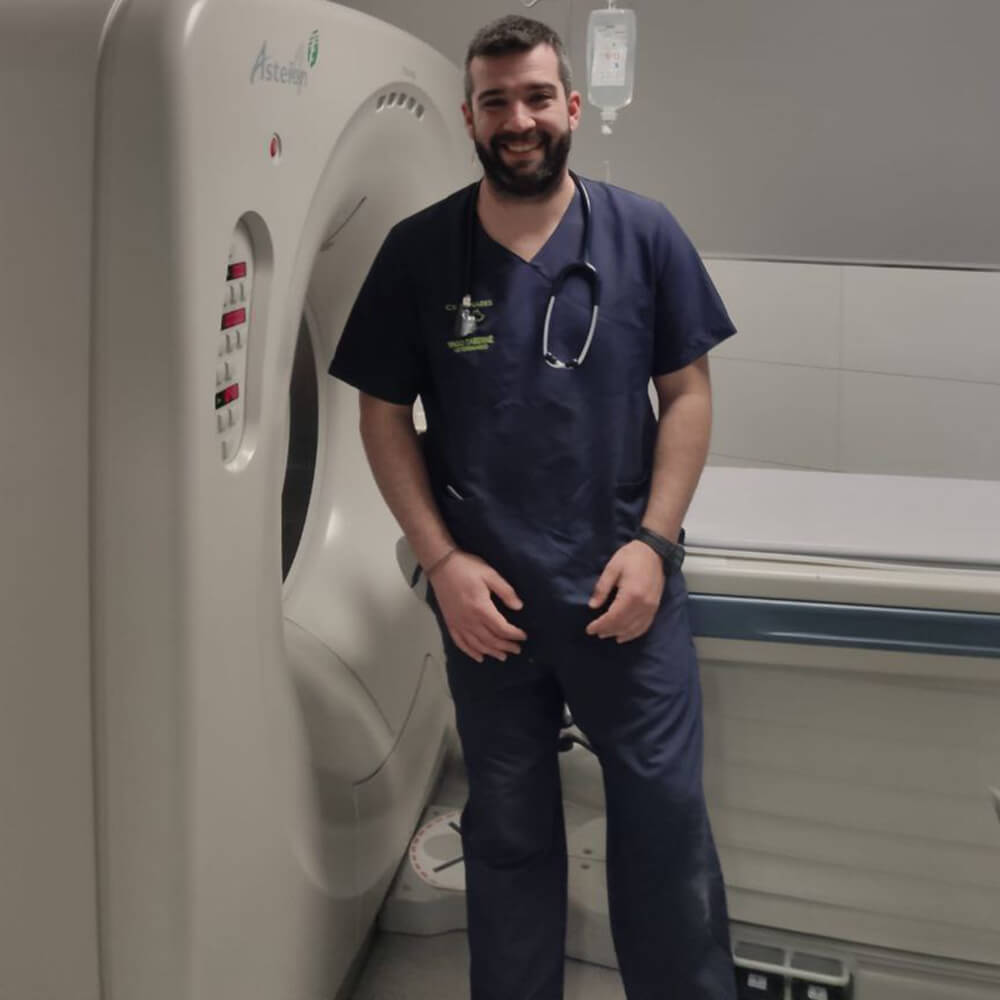
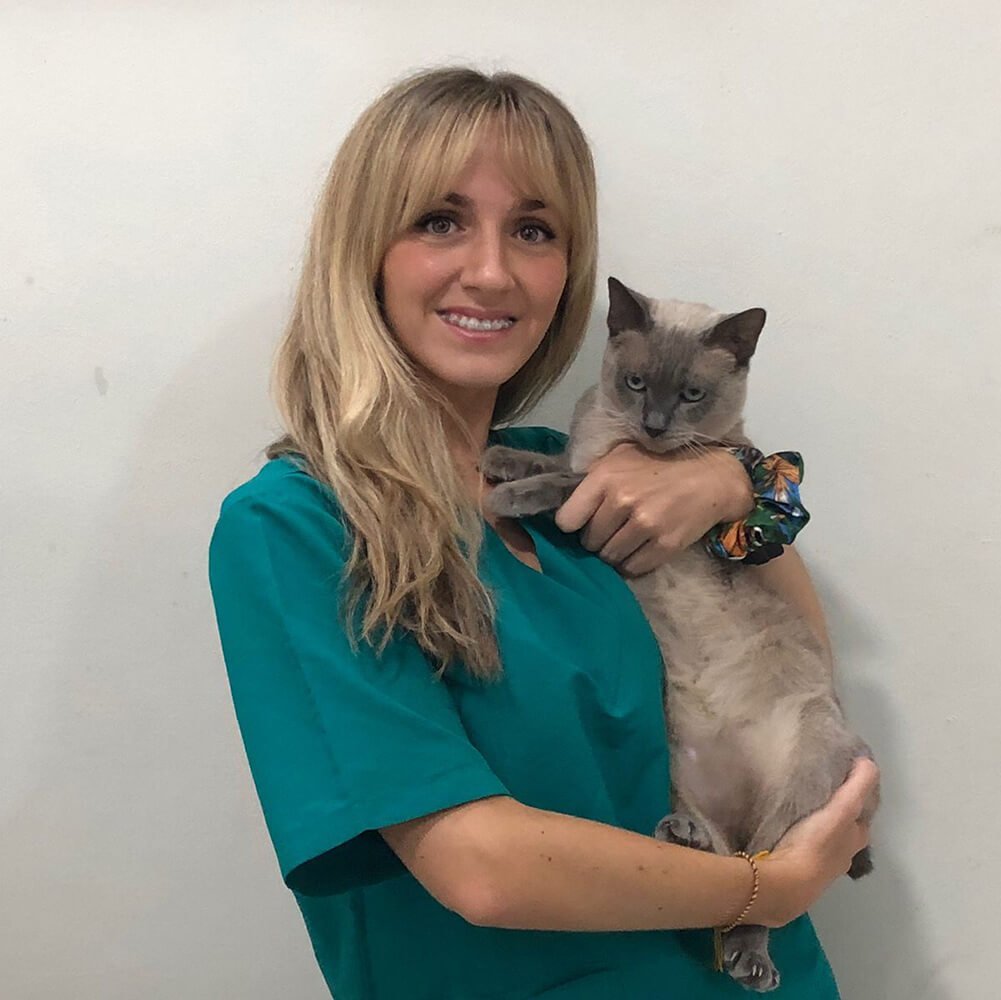
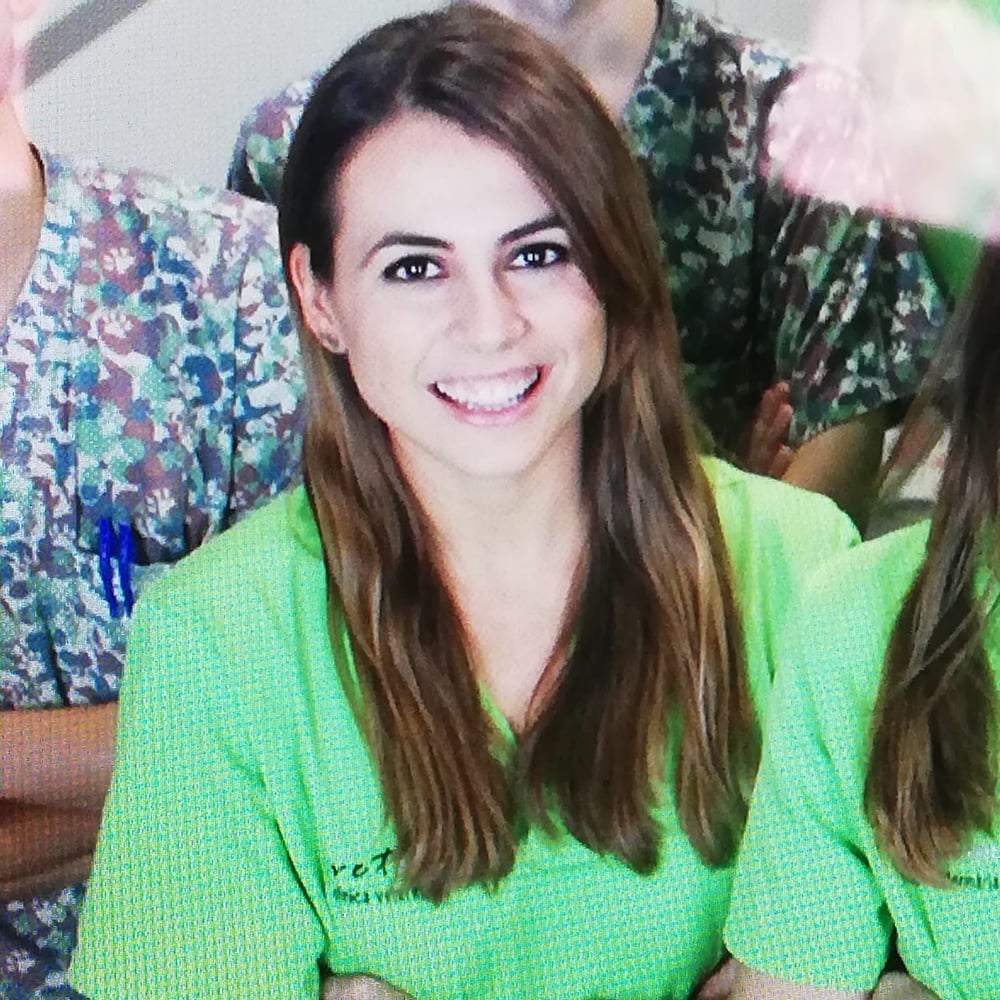
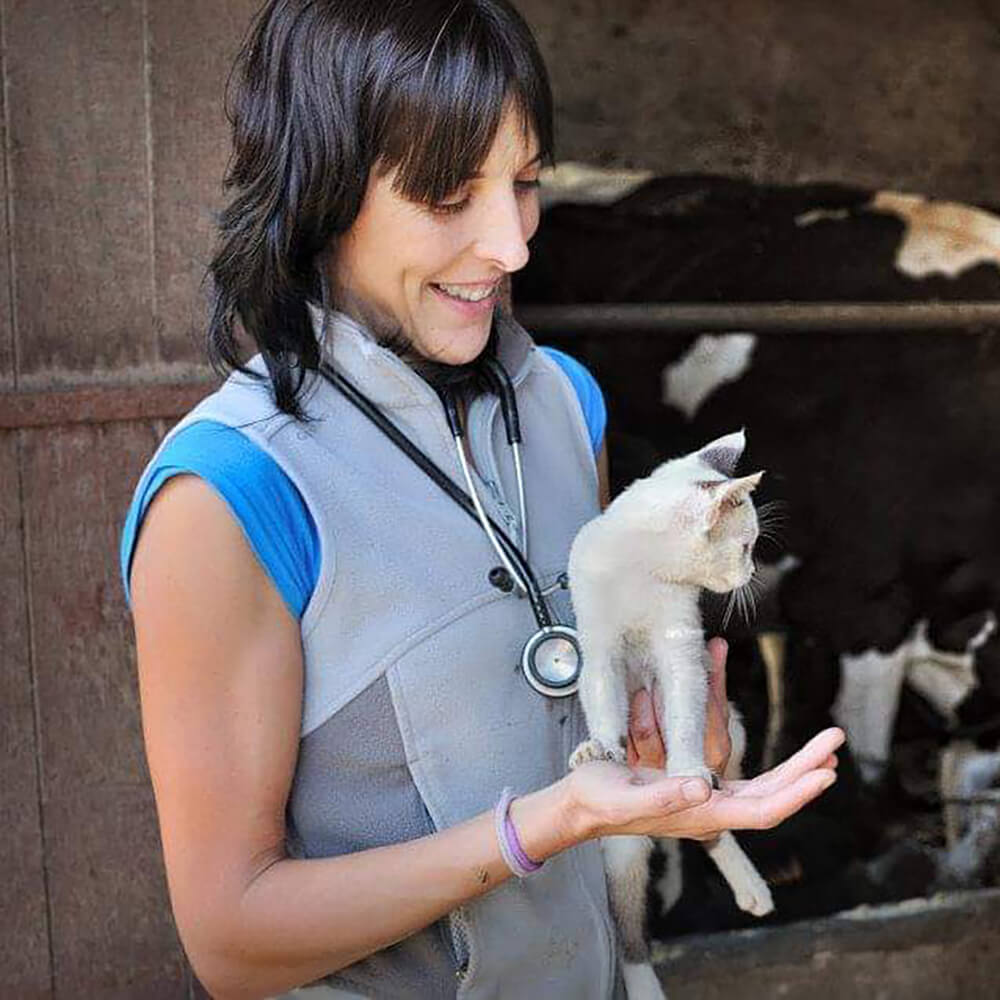
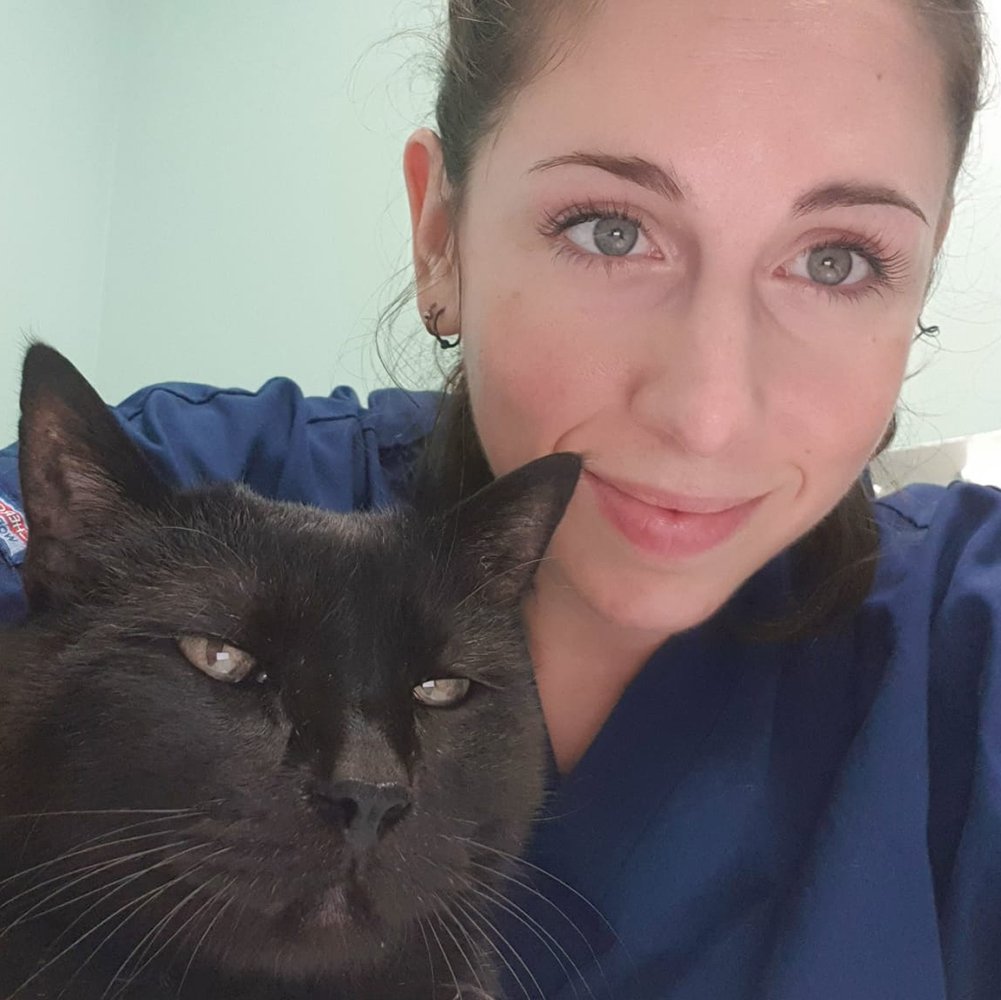
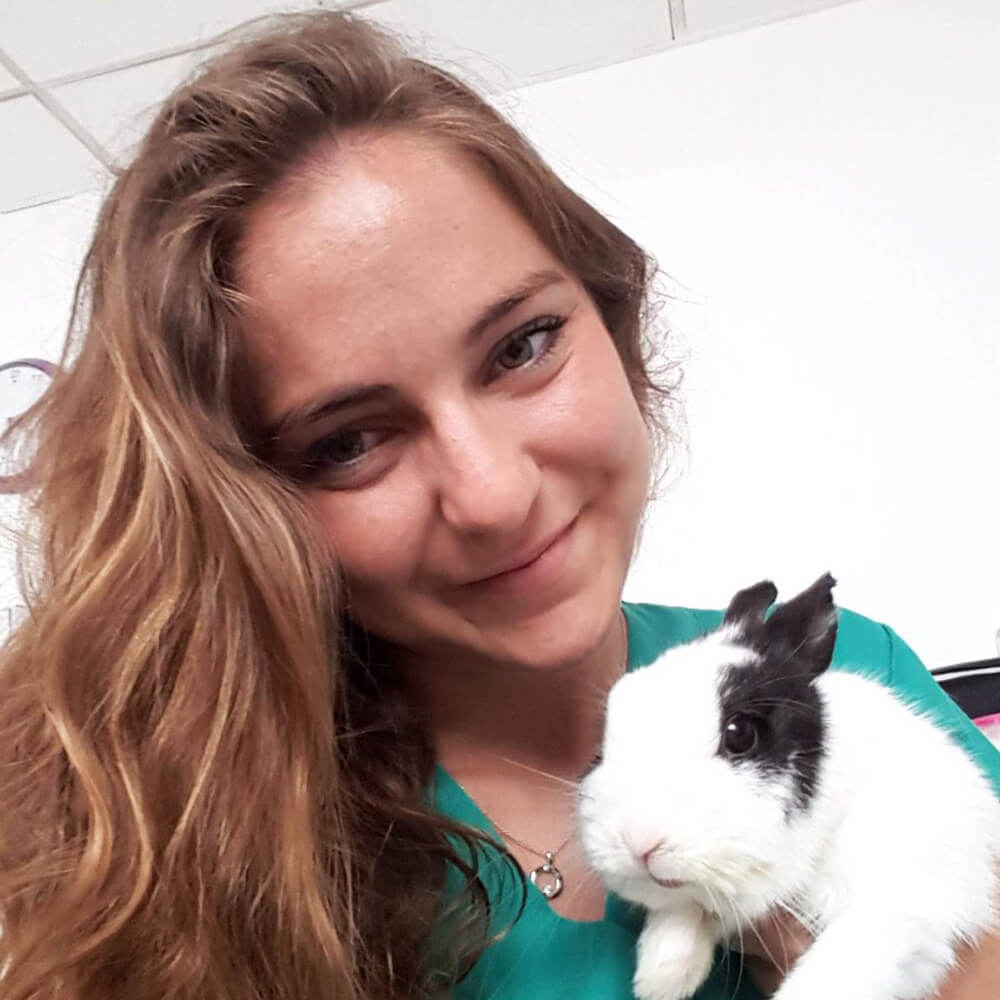
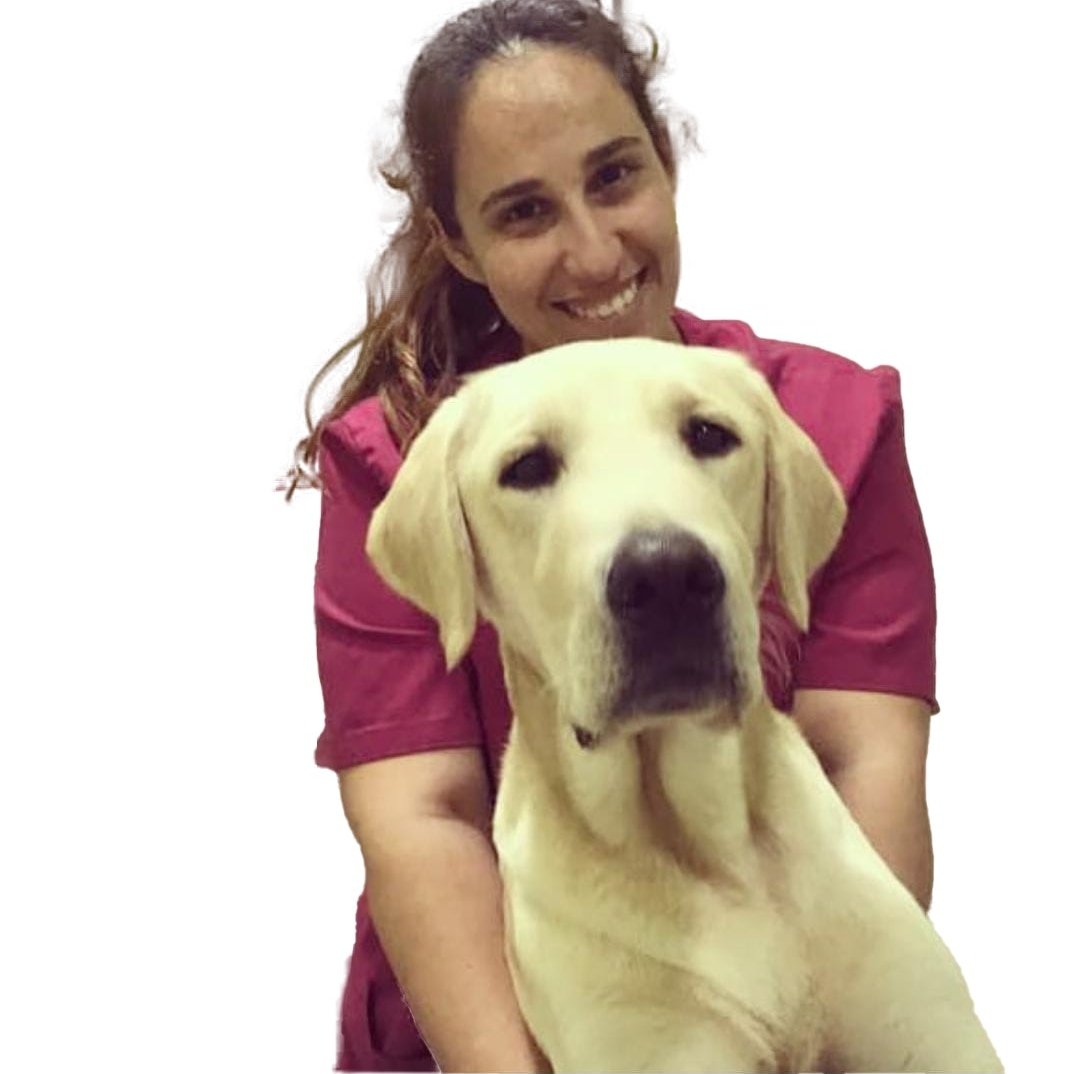
Testimonials from our students







Contact us
If you would like to request information about any of our training services, please fill in the following form or contact us by phone or email
- +44 7862 146532
- [email protected]
- From 8.00am to 17.00pm
Request for information
Contact us
If you would like to request information about any of our training services, please fill in the following form or contact us by phone or email
- +44 7862 146532
- [email protected]
- From 8.00am to 17.00pm





